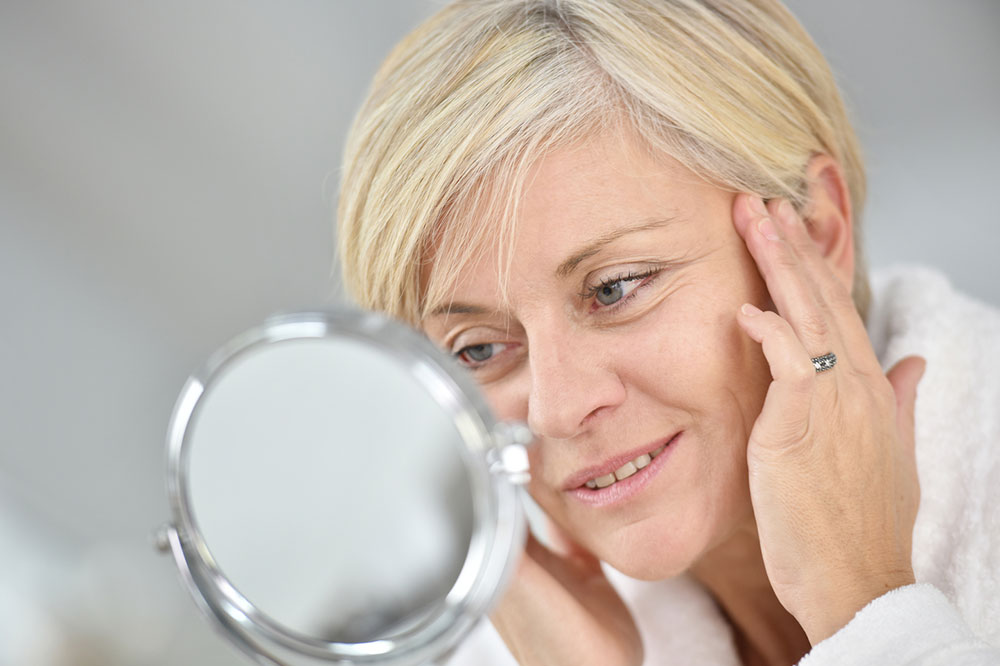Comprehensive Guide to Aging Gracefully: Strategies for Maintaining Health and Vitality
This comprehensive guide explores the physical and mental changes associated with aging and provides practical strategies to manage these transitions effectively. It emphasizes the importance of a healthy lifestyle, regular medical check-ups, and mental engagement to promote vitality and independence in later years, enabling seniors to age gracefully and confidently.

Comprehensive Guide to Aging Gracefully: Strategies for Maintaining Health and Vitality
As we journey through life, aging becomes an inevitable and natural part of our existence. While society often associates aging with decline, it is crucial to recognize that many age-related changes can be managed effectively with proper knowledge and proactive approaches. Understanding what occurs physically, mentally, and emotionally as we age allows us to adopt healthier lifestyles, prevent common ailments, and maintain a high quality of life well into our senior years.
The Biological and Physiological Changes During Aging
Aging impacts multiple aspects of our bodies and minds. These changes are gradual, but their cumulative effects can influence our independence, emotional well-being, and overall health. Recognizing these shifts helps in preparing and implementing lifestyle adjustments that support aging gracefully.
Here are some of the most prevalent age-related transformations our bodies experience:
Cardiovascular System: With age, the heart and blood vessels undergo changes such as stiffening of the arterial walls and decreased efficiency of blood flow. These modifications can lead to elevated blood pressure, higher risk of cardiovascular diseases, and reduced stamina.
Bone Density and Muscular Strength: Bones become less dense and more fragile, increasing susceptibility to fractures and osteoporosis. Concurrently, muscle mass and strength decline, affecting mobility, balance, and overall physical performance.
Digestive System: Age-related alterations in digestive organs can slow down gastrointestinal motility, leading to issues like constipation, difficulty swallowing, or nutrient absorption inefficiencies.
Urinary Health: The elasticity of bladder muscles diminishes over time, often resulting in increased frequency of urination, incontinence, or other urinary tract issues.
Cognitive and Brain Function: Memory lapses, decreased multitasking ability, and slower processing speeds are common cognitive declines associated with aging. However, engaging in mental exercises can help maintain cognitive health.
Sensory and Dental Health: Vision impairment may develop, with conditions like cataracts and macular degeneration becoming more prevalent. Hearing loss and gum recession can also occur, potentially leading to tooth loss if not managed properly.
Proactive Strategies to Manage Age-Related Changes
Supporting Heart and Cardiovascular Health: Regular cardiovascular exercise such as walking, swimming, or cycling can improve heart function. Eating a balanced diet rich in fruits, vegetables, whole grains, lean proteins, and healthy fats is vital. Avoiding smoking, managing stress through relaxation techniques, and ensuring sufficient sleep are essential for maintaining heart health.
Strengthening Bones and Muscles: Adequate intake of calcium and vitamin D through diet or supplements supports bone health. Weight-bearing and resistance exercises should be incorporated regularly to preserve muscle mass and strength. Avoiding excessive alcohol consumption and substance misuse also benefits skeletal health.
Enhancing Digestive System Function: Consuming fiber-rich foods like whole grains, fruits, and vegetables promotes healthy digestion. Staying hydrated, limiting processed foods and sugary treats, and maintaining physical activity help prevent constipation and other digestive issues.
Maintaining Urinary Health: Hydration is key—drinking enough water throughout the day keeps the urinary system functioning optimally. Pelvic floor exercises, such as Kegels, can strengthen bladder muscles and reduce incontinence risks. Establishing regular urination schedules helps in managing urinary health effectively.
Boosting Cognitive Function and Mental Wellness: Mental stimulation activities like reading, solving puzzles, or learning new skills can foster brain resilience. Combining these with regular physical activity and social engagement safeguards emotional well-being and cognitive vitality.
Protecting Sensory and Dental Health: Routine eye exams, sunglasses outdoors, and proper lighting can reduce visual strain. Proper oral hygiene practices—brushing, flossing, and dental check-ups—prevent gum disease and tooth loss. Ear protection and regular hearing assessments help preserve auditory function.
In summary, aging is a natural process that can be managed effectively through informed lifestyle choices and regular healthcare. Adopting a comprehensive approach focusing on physical activity, nutrition, mental engagement, and preventive healthcare allows older adults to enjoy a vibrant and active life, defying many age-related challenges. Embracing aging with confidence and proactive health management promotes longevity and preserves independence, making the golden years truly enriching.





